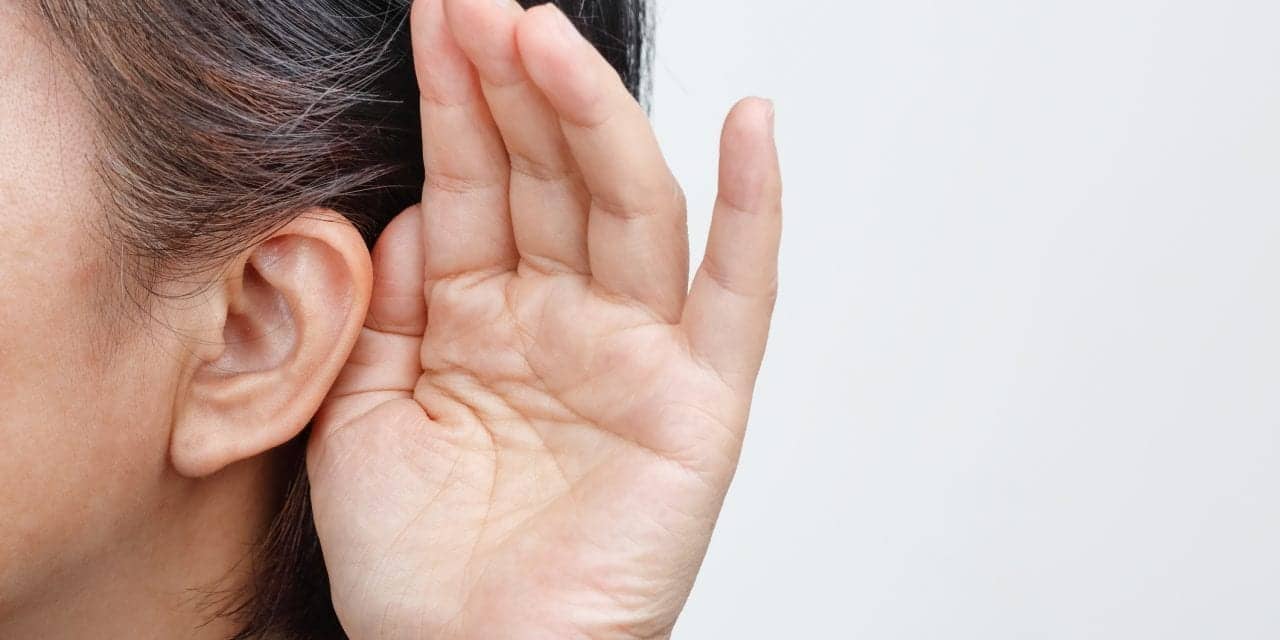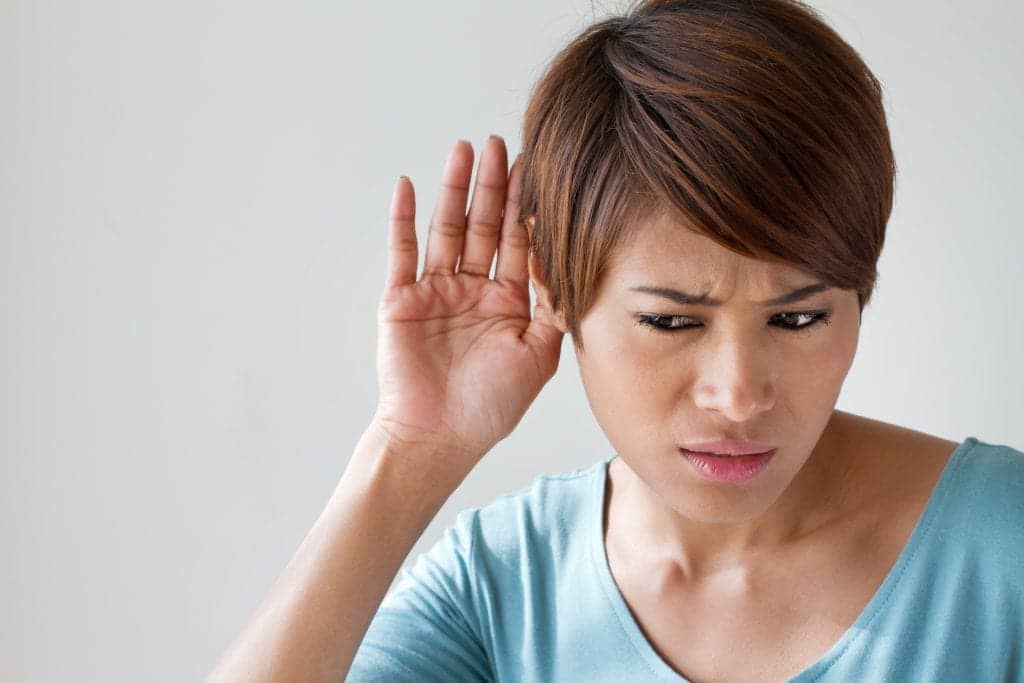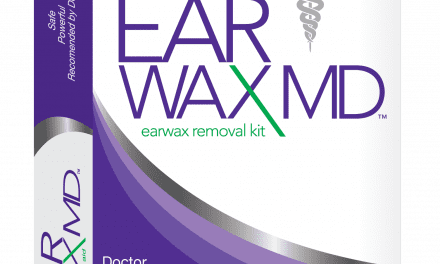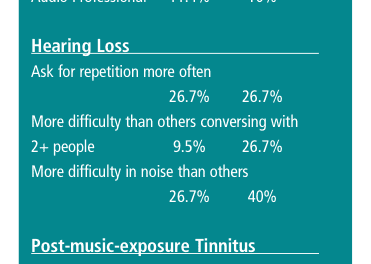Hearing experts at New York audiology practice I Love Hearing are raising awareness of the deep connection between kidney disease and hearing loss throughout National Kidney Month, according to an announcement.
Related article: Hearing Loss Linked to Kidney Disease
According to Dr Amy Sapodin, an audiologist at I Love Hearing, the average American is unaware that one of these conditions can be a telltale sign of the other.
“Nobody expects to be asked about kidney disease when they get their hearing checked, since many have no idea that the two are even connected,” said Sapodin. “However, it is a fact that those with kidney disease are much more likely to have hearing loss.”
Sapodin said the kidney and the ear are structurally, functionally, and biologically similar, so conditions that affect one may affect the other. Some of these issues can begin as early as in utero.
“During development, genetic disruptions can affect the similar cell structures and fluids of the inner ear and kidney,” said Sapodin.
Sapodin added that hearing loss and kidney disease share similar risk factors, called comorbidities, as well. Those with diabetes or high blood pressure, for example, have an increased chance of developing both kidney disease and hearing loss, making monitoring hearing an important part of that person’s healthcare routine.
“Simply put, audiology care is healthcare,” Sapodin said.
According to Sapodin, many kidney disease medications are ototoxic, meaning that they can have a negative impact on aural health. Patients taking kidney medications or treatments thus should be more vigilant to hearing changes, check in more regularly with an audiologist, and speak with their nephrologist about switching medications if they or their audiologist notice a decline in hearing.
“Ototoxic damage to the ear is permanent just like any other damage to hearing, so it’s vital that people taking these medications are visiting an audiologist,” Sapodin said.
While hearing damage may not sound as consequential or as dire as kidney damage, Sapodin said that those with hearing loss can experience significant adverse effects on their mental health and emotional well-being.
“There are consequences with not treating hearing loss, including isolation, depression, and other mental health disorders,” Sapodin said, “so early detection really is key to preserving your quality of life.”
Sapodin recommends that kidney disease patients see an audiologist for a baseline hearing test, monitor themselves for any signs of hearing loss, and continue their regular primary care check-ups.
“Hearing loss is progressive and degenerative, so preventive steps are vital for proper treatment and favorable outcomes,” Sapodin said. “Even patients who lack obvious hearing loss signs should still seek hearing tests—during National Kidney Month and all year round.”
For more information, including locations and hours, visit: www.iLoveHearing.com.
Source: I Love Hearing





